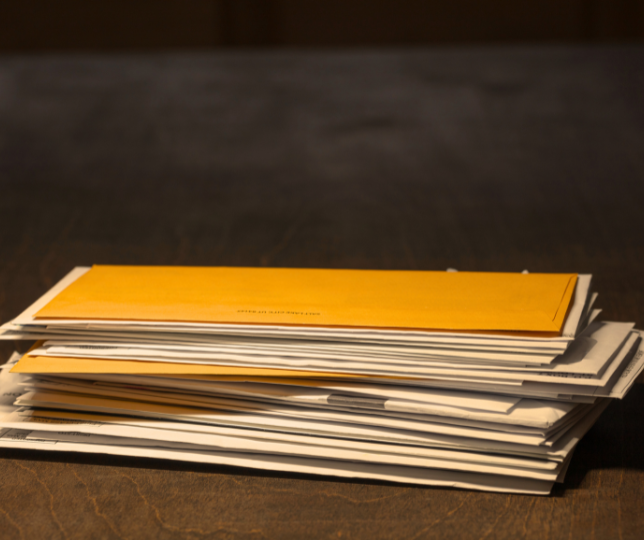Does an Executor have to maintain a property?
If you’ve been appointed as an Executor, you might wonder whether you need to maintain property during probate. The answer is yes - looking after a deceased person’s property is one of the Executor’s key responsibilities.
From security to general upkeep, failing to take reasonable care of an estate’s assets can have serious consequences. This article explains what’s expected and how to stay compliant.
Legal duties of care
Executors have a legal duty to preserve and protect the estate until it is distributed to beneficiaries. This includes any property owned by the deceased, whether it's a family home, rental property, or holiday home.
Until the Grant of Probate is issued and the estate is fully settled, the Executor effectively acts as a temporary custodian. They must take steps to prevent loss or damage. If they fail to do so, they could be held personally responsible. This includes situations where insurance becomes invalid or the property falls into disrepair due to neglect.
Repairs, cleaning, and security
Empty homes can deteriorate quickly. Executors should arrange regular visits to ensure the property remains safe and in good condition. Key tasks include:
- Ensuring the property is secure - change the locks if needed.
- Arranging basic repairs such as fixing leaks, damp or broken windows.
- Keeping the home clean, ventilated, and free of pests.
- Mowing the lawn and managing exterior appearance, if required.
- Maintaining heating or drainage systems to avoid cold-weather damage.
In many cases, insurers will require the property to be checked every seven to 30 days. Failing to comply with these conditions could invalidate cover.
Neglect consequences
Leaving a property unmonitored or in poor condition can reduce its value and delay the sale or distribution of the estate. Even small issues like blocked drains, broken pipes, or damp can become costly if ignored.
If beneficiaries believe the Executor has failed to properly maintain a property during probate, they could raise a complaint or take legal action. Executors who knowingly allow damage or fail to act on obvious risks may be liable for costs or losses to the estate.
It’s also important to notify insurers of the death and confirm the terms of cover. Standard home insurance may not be valid once the property is unoccupied.
Final thoughts
Being responsible for a property during probate is not just about keeping it tidy; it’s a legal obligation to preserve the value of the estate. Executors must take active steps to secure, insure, and maintain property during probate, and ensure it remains in good condition until the estate is settled.
If in doubt, seek legal or probate advice to ensure you're meeting your duties fully. Taking proactive steps now will help avoid complications later.

